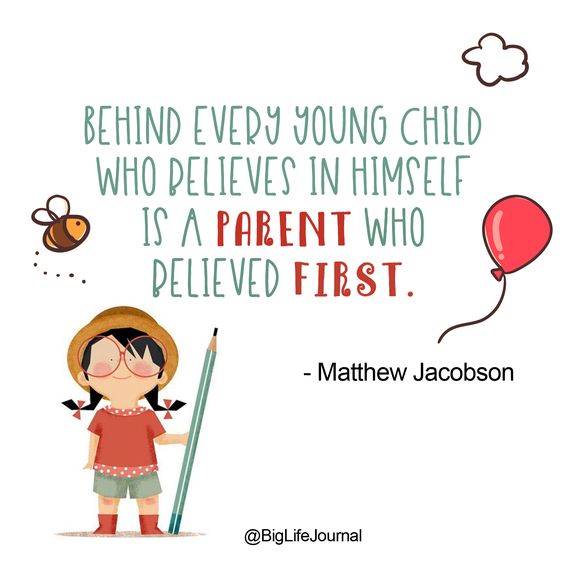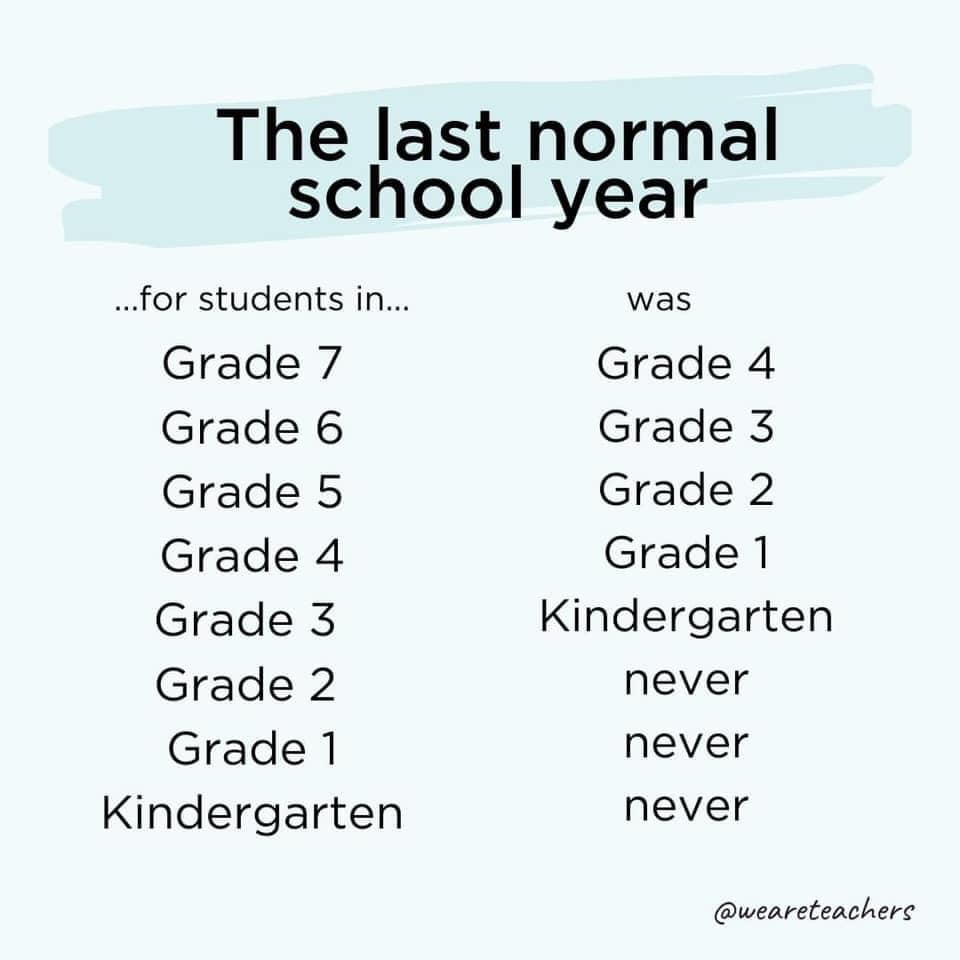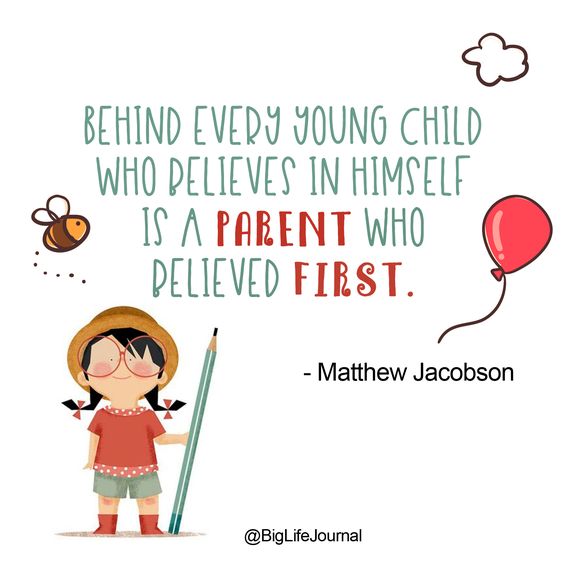I don’t have enough fingers and toes to count how many times I received a phone call from a caring, and simultaneously frustrated parent with some variant of these words:
“I know something is going on with my child. My child is not reading as easily as other kids and my child cannot spell. The teachers at his school say everything is fine, but I know it is not. Can you help me?”

I routinely ask parents to sent me a sample of their child’s writing and typically receive something like this:
Of course, the parent was correct! There IS indeed something out of whack–this is a writing sample of a child in 3rd grade who scores well on screening assessments! Do note both the spelling and handwriting difficulties. Personal disclaimer here: not every or even some teachers say all would be well given this sample; I am merely quoting what I hear parents tell me.
Matthew Jacobson’s words ring true every time:

It is common for kids to develop literacy at somewhat different rates. Some children develop literacy with little effort, while others need to work very hard at it. In fact, most kids develop literacy skills by the end of grade 2 into grade 3 so that by grade 4, students are able to ‘read to learn’ rather than continue to ‘learn to read’. This statement is generally true in terms of ‘cracking the code’ of our English alphabet. That said, reading/spelling skills will continue to grow through both exposure and hopefully direct instruction (vocabulary, higher level comprehension, grammar, morphology where meanings of prefixes, suffixes, word roots are explicitly taught and practiced).
If you want your child to believe in himself/herself, you’ve got to believe in your child first! I strongly believe parents know their children best. If a parent reaches out to me, I listen closely to what they say. I ask them to share their child’s:
- early motor and linguistic milestones
- preschool history
- past individual and/or group assessments/educational screenings
- past and present courses of tutoring, speech therapy, counseling, etc.
- social/emotional health history
- historical and current academic concerns
- family history of learning issues
“Behind every young child who believes in himself is a parent who believed first.”
Matthew Jacobson
Parents, it is always best to be candid when speaking with your child’s pediatrician, teachers, and caregivers. If you are a parent reading, it is important to share all relevant information with the educators working with your child. The educators must be informed to best meet your child’s needs.
If you are a teacher reading, it is important to listen and react to a parent’s concerns..remember, parents know their children best.
I suspect many teachers (and parents) already are aware of the notion that intervention is best the sooner it is delivered, since “children who get off to a poor start in reading rarely catch up.” With the passage of each day, month, and year in which some children have difficulty making sense of printed text, the consequences grow rapidly and multiply. These ‘poor start’ children inevitably do not practice actually reading nearly as much as children who get off to a ‘good start’.

Compounding these issues is the true fact that children have not experienced a ‘normal school year’ due to the pandemic for several years now. I found this little chart on a FB post just yesterday (Source: Science of Reading (SoR) Parents” Group-Daria Ross)
Although not by design, many parents first realized what their child(ren) “could” and/or “could not do”, which for many parents was surprising–and even shocking. For many, it was the first time these parents had a ‘front row seat’ in terms of seeing their child(ren) in a virtual classroom while learning at home in front of a computer. screen.
Had you ever thought about it this way? What are your thoughts?
Parents, here is the punchline: If you are aware of what you believe to be an issue, act sooner rather than later. Kicking the can down the road and/or “blaming the pandemic” is unwise. Be honest with those who can help you. All the while, believe in the potential of your child(ren) to achieve their potential(s), even if things look bleak from where you sit right now. Many avenues exist to help you in your parenting journey including the many resources found on my website.


All true. Our daughter could not read or write until third grade. Luckily for her, the school did recognize something was wrong. With the school’s support and lots of tutoring she is a success story, graduated medical school and forging forward as a resident. Thank you Lori!
Thank you for sharing this success story. Your daughter has wonderful, educated and supportive parents! LJ